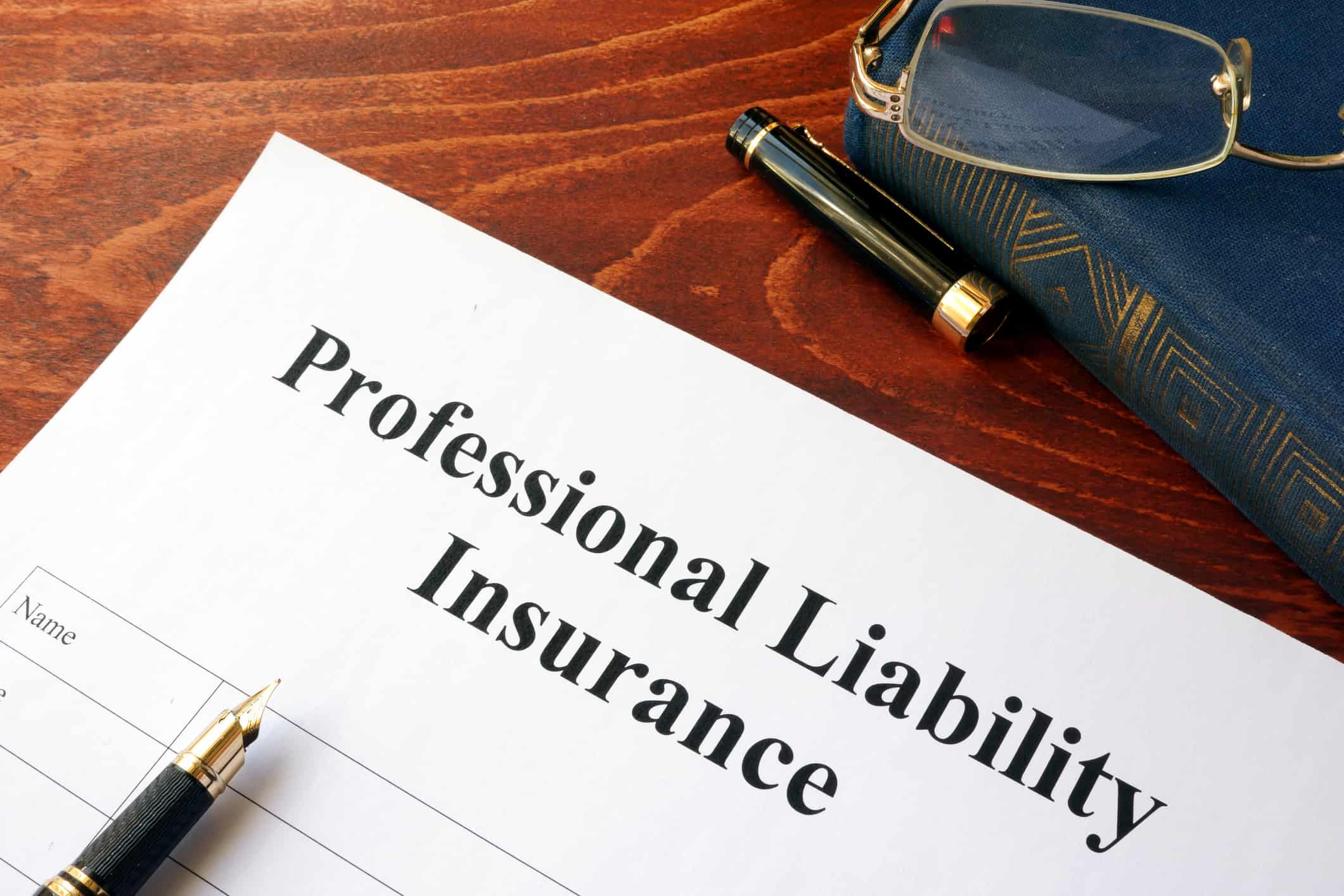We have previously written about how evidence of liability insurance is excluded from most civil jury trials. However, there is another exclusion in South Dakota law for other types of insurance that can apply to your personal injury claim. If you choose, you can exclude evidence of health insurance, Medicare, or other help you have received after an injury.
For example, let us say that a child receives free medical care at a children’s hospital after someone negligently hit them with a boat while trying to back the boat into the water. In South Dakota, the child still has a legal claim to make against the boat driver for the reasonable value of the medical services provided to them. The collateral source rule prevents the boat driver (and his insurance company) from bringing up the fact at trial that the child received “free” medical care.
The reasoning for this rule is primarily because it is better to “give” the child the benefit of the services instead of letting the negligent boat driver benefit from what the hospital provided to the child. Obviously, entities like no-cost children’s hospitals were set up to benefit needly children, not negligent boat drivers, and although the care was free to the child, it was at great expense to someone else.
Now, instead of the hospital providing free treatment, assume that the child had good health insurance and that the health insurance paid for the hospitalization. But because health insurers pre-negotiate with medical providers to have more favorable rates for most services, $500,000 in medical bills were fully satisfied with only $300,000 in actual payment from the health insurer to the hospital.
Yet at trial, the child still gets to collect the reasonable value of medical services provided from the boat driver. This is often proven in part by presenting evidence of medical bills. The boat driver and his insurance company do not get the benefit of the reduced rate of the health insurance payment for a couple reasons. One reason is because it was the child’s family that paid for health insurance, i.e. the family should get the benefit of being well insured having sacrificed hard-earned money to buy the coverage that provided the pre-negotiated benefit.
The collateral source rule in court
Lately, because of near-universal health coverage, jurors have become suspicious about why someone gets to collect for medical expenses at trial when the jurors suspect that there is health insurance that already paid the bills. What most people (and jurors) do not realize is that if your health insurance paid for your bills and you collect from a third-party, like the boat driver or his liability insurer, you have to repay part or all of the amount that the health insurer paid on your behalf to your health insurer.
Thus, to avoid suspicion, we prefer to present evidence of the medical bills, present evidence of health insurance essentially waiving the benefit of the collateral source rule, and then explain how this repayment happens. However, during a recent trial, even the judge got confused between the collateral source rule, which is designed to protect the injured and make the negligent party bear the brunt of the harm, and the evidentiary prohibition of liability insurance (SDCL 19-19-411).
Shortly after the jury began deliberating, it sent out a question: How much of the $43,250 came from the injured person and not her insurance? Then, knowing the actual amount of the medical bills, the jury returned a verdict of $35,000 for what it said was the reasonable value of the necessary medical care.
What was supposed to be a favorable rule to the injured who wanted to waive the benefits of the rule to be honest and candid with the jury after being badly hurt at no fault of their own, turned into a ruling that combined with suspicions of a jury to reduce the injured person’s damages in the verdict. When juries are prevented from knowing the whole truth, it leads to inconsistent, sometimes unfair outcomes, because insurance defense attorneys know that if injured people claim medical expenses in front of a jury without the rest of the truth, it looks like the injured person is “double dipping.”
For more information
Do not go into court without an experienced personal injury lawyer by your side to help navigate nuanced areas of law. Contact Turbak Law Office today at (866) 305-2015 to schedule a consultation.
